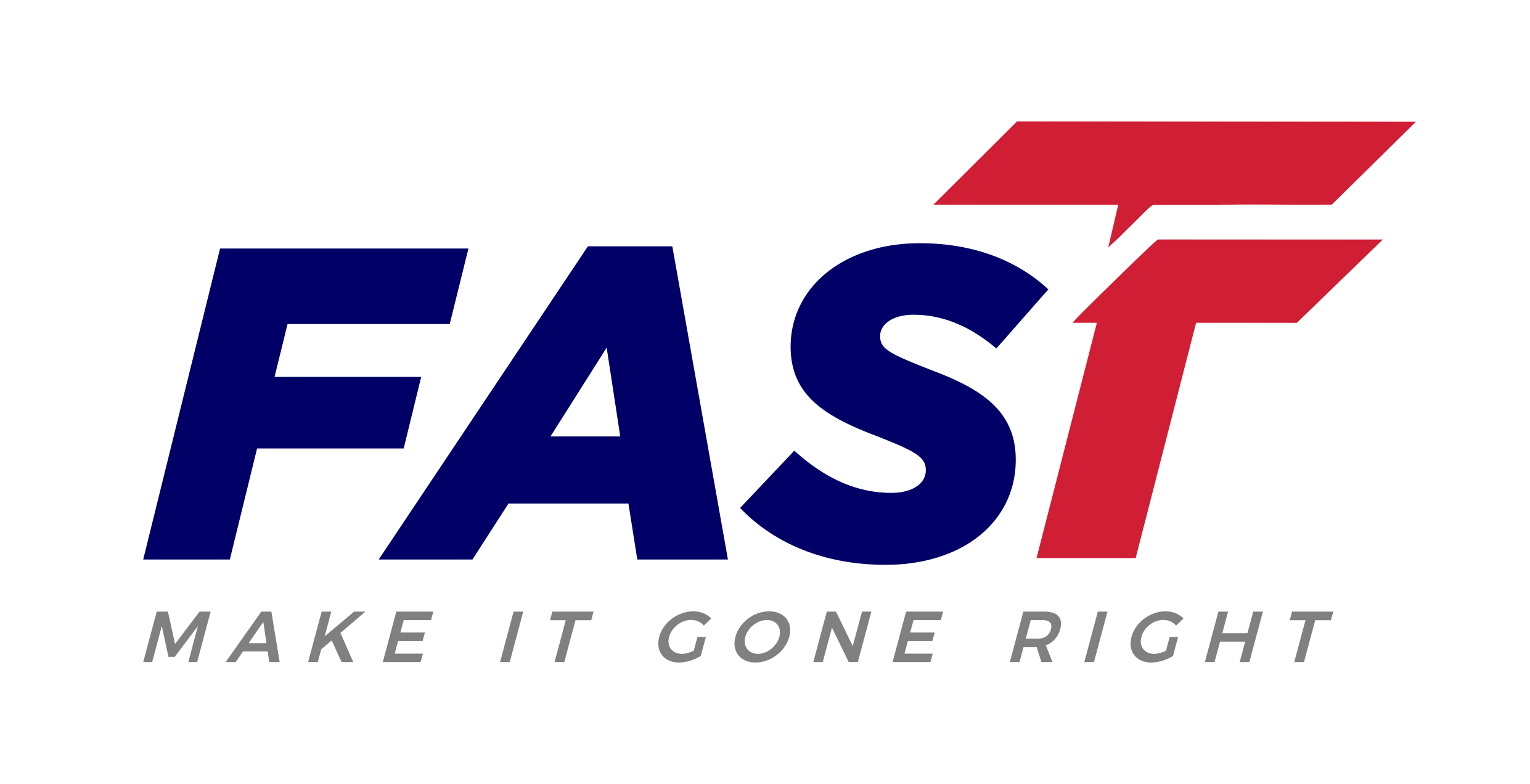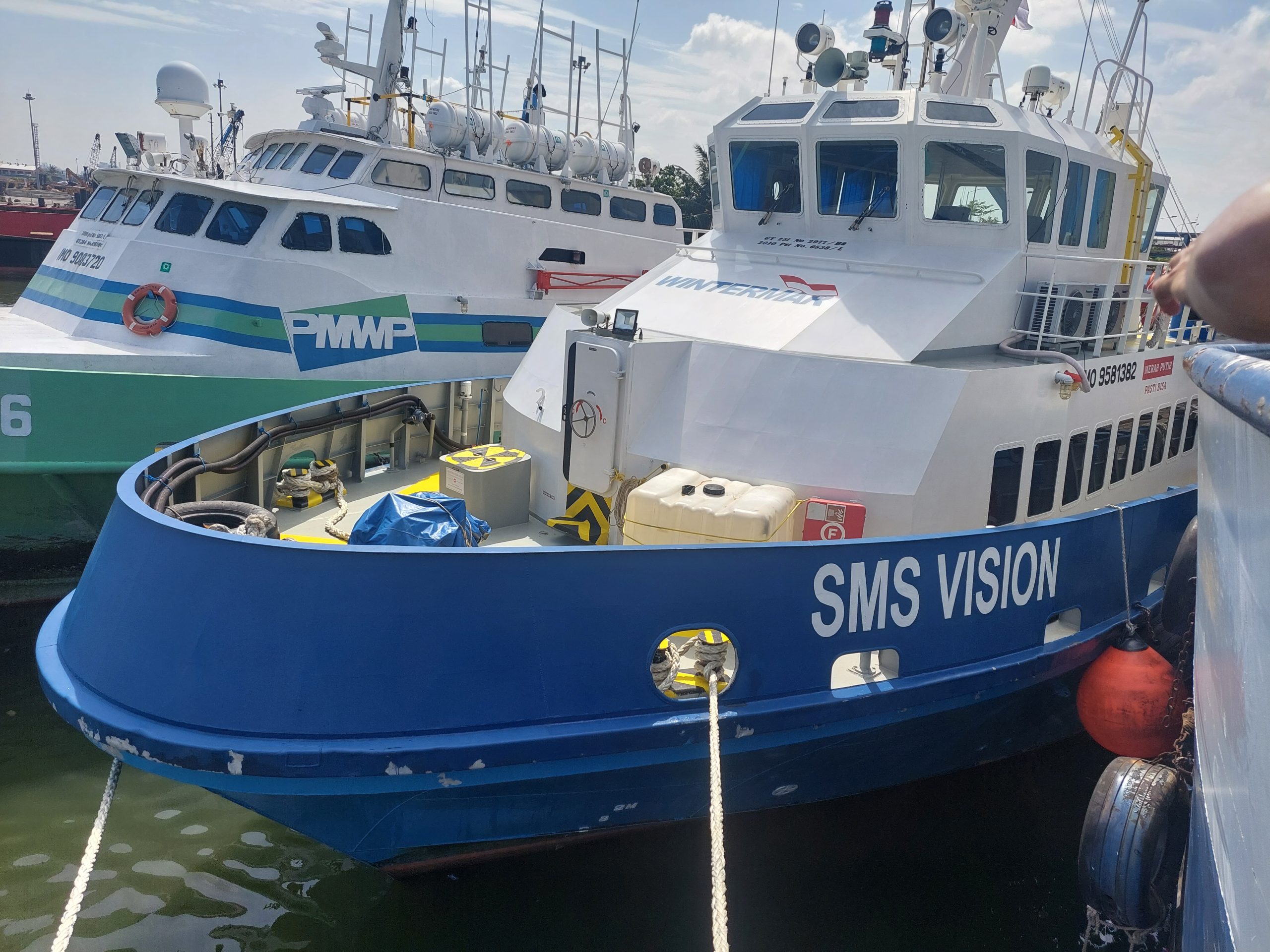In the offshore oil and gas and renewable energy sectors, vessels play a critical role in supporting complex and high-risk operations. From dynamic positioning (DP) vessels to offshore support ships, operators are under constant pressure to demonstrate compliance with the highest safety and environmental standards. Two of the most widely recognized inspection regimes in this field are the eCMID (Common Marine Inspection Document), governed by the International Marine Contractors Association (IMCA), and the OVID (Offshore Vessel Inspection Database), governed by the Oil Companies International Marine Forum (OCIMF). For offshore operators, understanding these two frameworks is essential to maintaining compliance, reducing risk, and securing contracts.
What Is eCMID?
The eCMID (IMCA M 149) is a standardized inspection format developed by IMCA for assessing offshore vessels. It is designed to ensure consistent audits of safety management systems, vessel condition, and crew competence. Key features include:
• Conducted only by accredited IMCA Accredited Vessel Inspectors (AVIs).
• Covers vessel technical condition, DP systems, safety management, and environmental compliance.
• Digital reporting uploaded directly into the IMCA database, ensuring transparency and global recognition.
The eCMID has become the benchmark for offshore vessel assurance, particularly for operators working with international contractors who require verifiable compliance.
What Is OVID?
The OVID (Offshore Vessel Inspection Database) is an inspection program established by OCIMF. Similar in purpose to eCMID, OVID is more widely used by oil majors and charterers to ensure offshore vessels meet stringent safety and operational standards. Its scope includes:
Vessel operations such as mooring, cargo handling, and DP functionality.
• Safety and emergency preparedness, including firefighting and lifesaving systems.
• Environmental protection systems to prevent pollution and ensure MARPOL compliance.
• Crew training, competence, and adherence to company-specific safety policies.
An OVID inspection generates a standardized report submitted directly to the OCIMF database, allowing charterers and oil companies to review a vessel’s compliance record before engagement.
Key Differences Between eCMID and OVID
While both frameworks aim to ensure safe and reliable offshore vessel operations, they are governed by different organizations and serve slightly different user bases:
• eCMID is typically used by contractors and offshore project operators, while
• OVID is more focused on oil majors and their chartering requirements. Both, however, share the common goal of minimizing operational risk and improving transparency across the offshore industry.
Why These Inspections Matter
For offshore vessel operators, compliance with eCMID and OVID inspections is more than a regulatory checkbox—it is a commercial necessity. Oil companies, charterers, and contractors often require a valid inspection report before awarding contracts. Failure to comply can result in lost business opportunities, higher insurance premiums, or operational delays.
Moreover, independent inspections by IMCA- or OCIMF-accredited surveyors provide an objective perspective that internal audits cannot. They highlight deficiencies early, allowing operators to address them before they escalate into costly incidents or detentions.
Conclusion
In an industry where safety, compliance, and reliability are non-negotiable, eCMID and OVID inspections serve as vital tools for offshore vessel assurance. By engaging accredited inspectors, vessel operators not only meet client and regulatory requirements but also demonstrate a commitment to safety and operational excellence. For offshore contractors and oil majors, these inspections provide confidence that the vessels they rely on are fit for purpose. For operators, they are the gateway to maintaining credibility, securing contracts, and sustaining long-term business success.


 Chat WhatsApp
Chat WhatsApp 